Quality sleep is one of the most important aspects of good health. Not only does it facilitate the regeneration and rebuilding that our body needs, but it also helps combat the risk of various health complications, such as heart disease and metabolic syndrome.[1] Plus, it has strong neuroprotective effects, facilitating proper brain and cognitive function. It doesn’t matter if you’re a student, parent, or professional athlete — your brain and body needs to sleep!
Those of us focused on our health and wellness understand and emphasize this. Getting a night of high-quality rest allows us to perform at our best, both inside the gym and in everyday life. However, no matter how much we prioritize our sleep, getting sufficient rest doesn’t always come so easy. Outside of promoting healthy nighttime habits — consistent bedtimes, cool environment, limited light — sports supplements can be leveraged to assist in finding and maintaining restful sleep.
The growing sleep aid market. Can we make them better?!
Sleep aids vary from brand to brand, some boasting loaded formulas with multiple ingredients while others deliver a minimal, yet efficient, concoction of sleep-promoting compounds. Their form differs as well, with products delivering results using both capsule and powdered drink formulas. The latter variant — which one needs to mix with water prior to taking it — highlights an opportunity to potentially improve sleep aids.
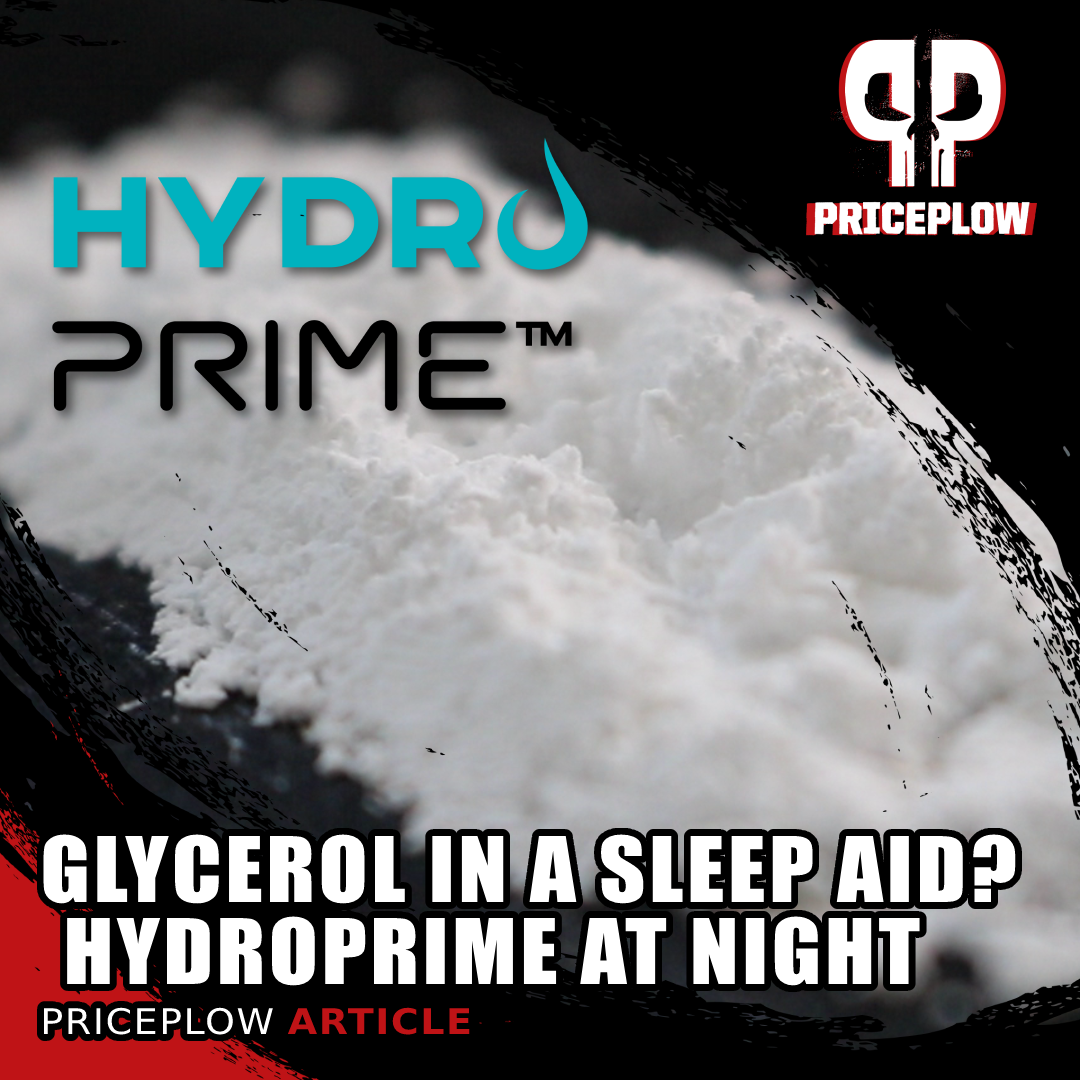
Too much urination at night when taking powdered sleep aids? Why not add glycerol to keep some of that water in?
Drinking 8 to 12 ounces of water right before bed runs counter to sleeping — ingesting liquids before falling asleep increases the risk of waking up in the middle of the night to use the bathroom! This could potentially exacerbate existing early morning bathroom trips, especially if you’re someone who stays well-hydrated or consumes food or drinks close to bedtime.
What if there’s an ingredient that reduces urine output?!
To circumvent this issue, and potentially decrease the likelihood of being awoken by the need to use the restroom, sleep aids could leverage glycerol, a sugar alcohol typically used in pre-workout formulas that boosts water retention. Consuming a high-yield glycerol powder prior to bed — either on its own or in a larger sleep aid formula — could help the body hold onto water while you’re sleeping, promoting restful, uninterrupted sleep.
Yet few supplement brands have thought of this clever trick, and at the time of writing, none have implemented glycerol into their powdered sleep aids. This article is a call to change that.
In this post, we’re going to briefly touch on glycerol’s more common uses before diving into a couple of benefits that relate directly to potential sleep-promoting effects. Additionally, we’ll discuss why HydroPrime from NNB Nutrition — one of our favorite glycerol products on the market — is an effective means of yielding such benefits.
Subscribe to PricePlow's Newsletter and Alerts on These Topics
Glycerol and its Common Uses
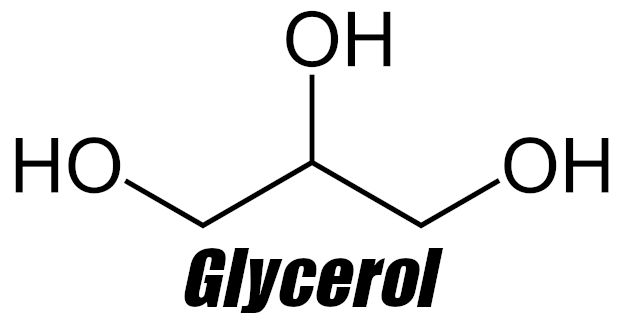
No doubt, the simple glycerol molecule has “mission critical” status with the body. But when we supplement far more, incredible benefits related to hydration occur!
Glycerol, scientifically known as 1,2,3-propanetriol but also called glycerin,[2] is a naturally occurring sugar alcohol in the body. It’s produced in both the lipolytic and glycolytic pathways as a byproduct of the metabolic process.[2,3] Glycerol can also be synthesized in labs and used as a food additive, thickener, and sports supplement – the latter of which is heavily detailed in our article titled Glycerol: The Ultimate Guide for Hydration, Heat Protection, and Pumps.
In the world of supplementation, glycerol is leveraged for its ability to retain water. When taken exogenously, it travels through bodily fluids as it’s slowly broken down by the liver and kidneys. Its presence raises osmotic pressure and the body’s total water volume,[2] encouraging both water retention and increased water movement. This leads to a state of hyperhydration that helps support muscular efficiency, organ function, and thermoregulation.
We often discuss glycerol’s sports-specific benefits which pertain to athletic performance, but today we key in on a few of the studies that noticed something else: reduced urination!
Potential Sleep-Improving Ingredient?
Just because glycerol is often touted for its water-based muscle pumps and endurance improvements doesn’t mean that those are the ingredient’s only potential applications. In fact, glycerol touts a few benefits (in addition to those previously discussed) that make it a bit more versatile than it gets credit for. These abilities could make glycerol a unique and effective ingredient in sleep-promoting products!
Reduced urine output via water retention
The first small study to connect glycerol with reduced urine was published in 1990, where six participants were part of three trials: one trial with a large dose of glycerol with water, one trial with just the same amount of water, and another trial with a low amount of water.[4] They then waited 2.5 hours and began exercise in moderate heat.
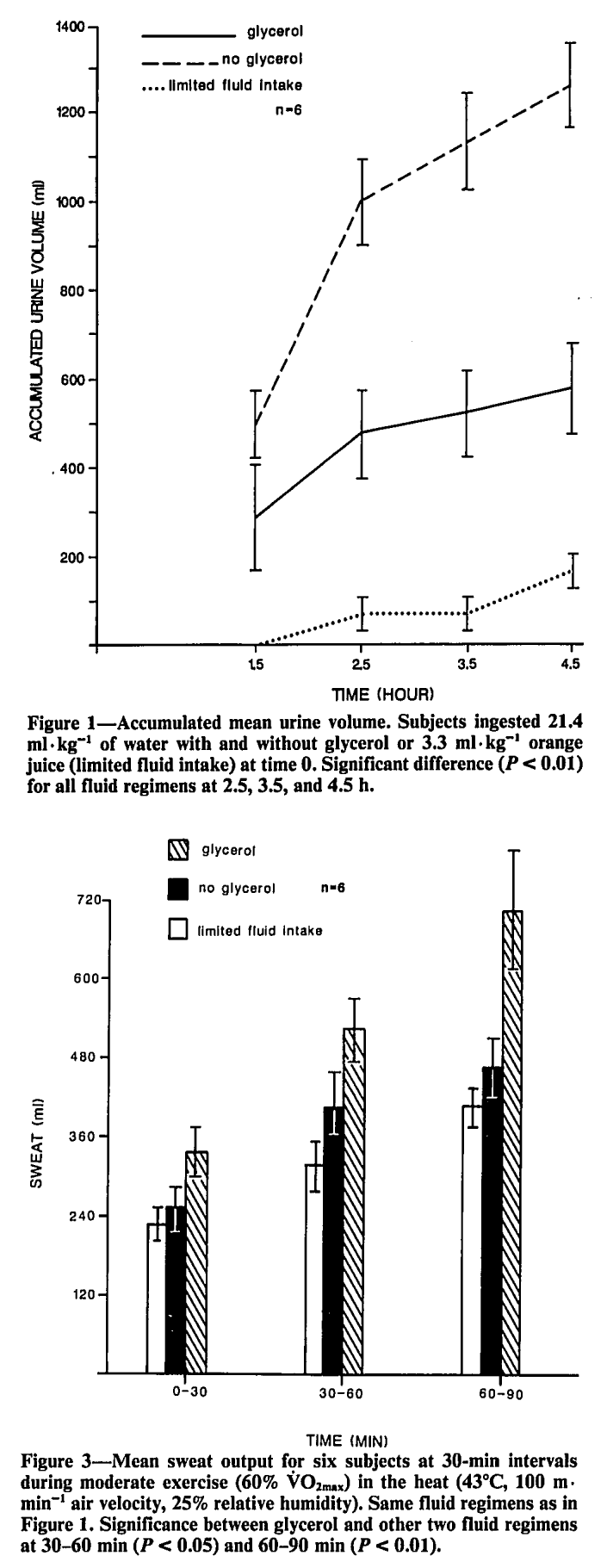
Athletes using glycerol not only urinate less, but they are able to tolerate exercise in heat better![4]
The researchers noted that at the 2.5 hour mark, before exercise had even begun, urine volume was decreased in the glycerol trial.[4] This is very relevant to our requirements as a sleep aid, since there is no exercise or sweat to confound the results. Serum electrolyte concentrations were also unchanged,[4] which bodes well for athletes looking to utilize this method.
Next, in a 1995 study published in Life Sciences, researchers advanced a previous analysis that suggested glycerol could induce hyperhydration for up to eight hours. In this study, the team wanted to push that threshold further with two experiments — volunteers were tested for markers of hyperhydration at either 32 hours or 49 hours after consuming large amounts of water and glycerol treatment. They found that in both cases, subjects had significantly lower urine volumes, seeing up to a 700-milliliter reduction in urination.[5]
A 2004 trial found in the Journal of Athletic Training saw similar results. In this double-blind procedure, researchers split 12 male mountain bikers into three groups prior to embarking on a 30-mile race. One group received no water during the race, another was given only water before and during the excursion, and the third was treated with a glycerol-water mixture before the race and given water during the race.
They found that the group given glycerol displayed multiple markers of improved hydration — decreased thirst, consistent performance and heart rate, and less heat-induced strain.[6] Additionally, the glycerol group had urinated less than the other two groups during the race, though such effects were not statistically significant.
Why not apply it to sleep?
Water retention and its effects on hydration clearly have use in athletic performance, but this process can be leveraged during sleep, too. While waking up in the middle of the night to use the bathroom is normal, it disrupts the sleep cycle. Though we cycle through the four stages of sleep (N1, N2, N3, and REM), waking to use the bathroom interrupts this process and makes it more difficult to restart it. This can be exacerbated if you’re a well-hydrated individual, too — all that water can have you making more than a few nighttime trips to the bathroom.
As shown in the two studies cited here, glycerol can help the body hold water and decrease urine output. These effects aren’t unique to training and should carry over when taking the ingredient prior to bedtime, although it’s important to note that they weren’t tested in that setting.
Ultimately, glycerol should help the body retain water and decrease the likelihood of needing to use the bathroom, which at night, would create an opportunity for prolonged, uninterrupted sleep.
So why isn’t it in a sleep aid yet? We posit that more brands need to jump on this by including HydroPrime, an industry-leading glycerol powder, into their sleep aid supplements. More on that later — there are other glycerol benefits worth mentioning:
Thermoregulation
In the same 2004 study discussed above, the mountain bikers who took glycerol were also able to better maintain body temperature compared to the other two groups, as the high-intensity race was performed in a hot climate. This effect is supported by other trials, as well. The International Journal of Sport Nutrition study saw glycerol induce a 2-degree reduction in body temperature in subjects exercising in intense heat.[7] This effect is undoubtedly related to increased levels of hydration and has potential applications in sleep.
More heat, worse sleep
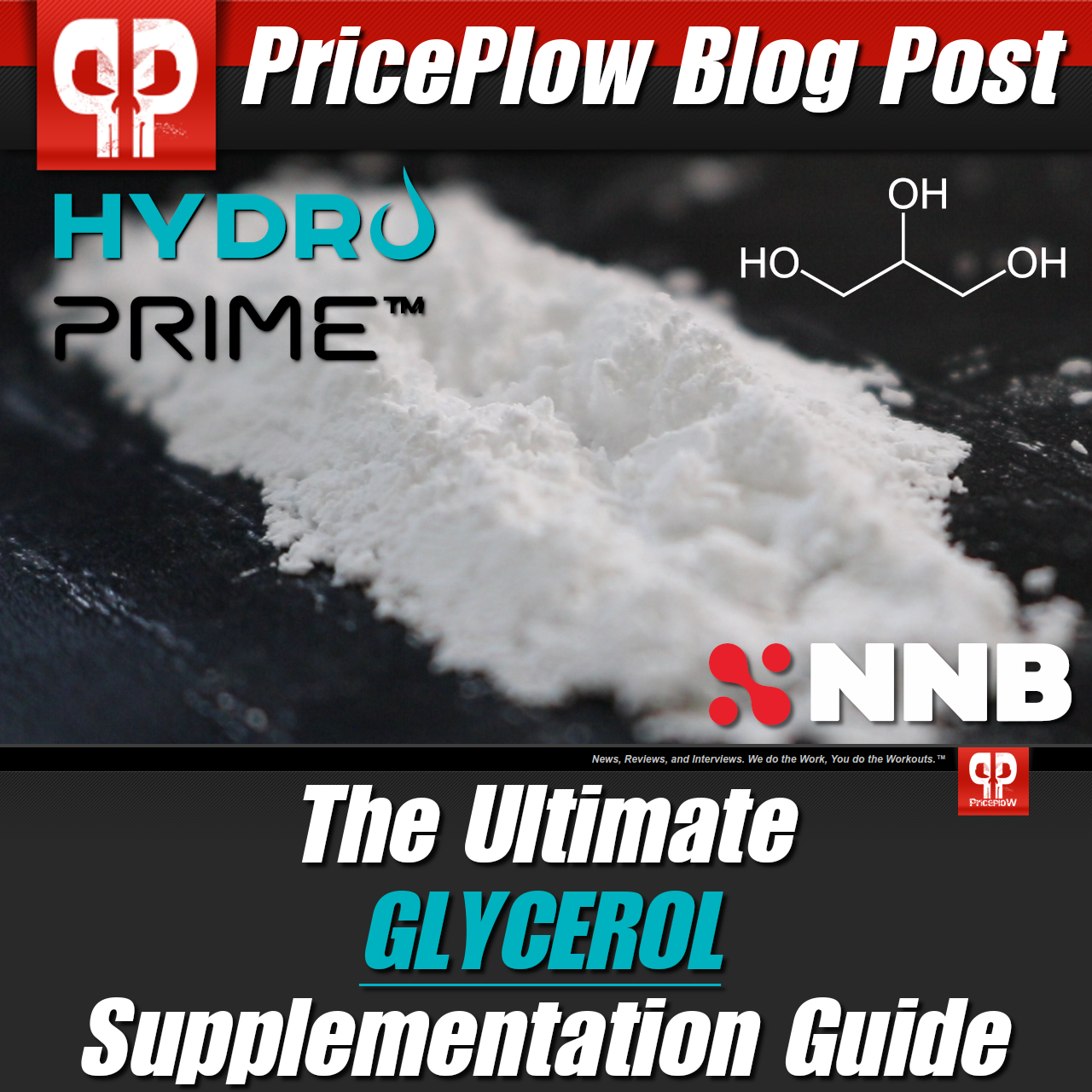
When it comes to hydration, endurance, cell volumization, and heat tolerance, water is king. And this simple ingredient — glycerol — enables you to hold more water for better performance!
The body’s internal core temperature naturally decreases while sleeping, a function of a circadian rhythm. However, such decreases are not always sufficient. According to a 2018 trial found in Physiology & Behavior, a higher core body temperature can impair sleep quality.[8] Additionally, a warm thermal environment can also interfere with sleeping patterns, leading to overall fatigue.[9] Humans tend to sleep best in a cooler environment, which allows the body to properly reduce its temperature and enter a normal, restorative sleep cycle.[10]
Thanks to its water-retaining capabilities, glycerol is able to regulate internal core temperature and resist undesirable increases in bodily temperature. If taken before bed, it should help slightly reduce our core temperature and set us up for a night of smooth, comfortable sleep.
HydroPrime from NNB Nutrition
If you’ve been following the PricePlow Blog, you’ve certainly seen us talk about NNB Nutrition, a novel ingredient supplier. This brand is at the forefront of “Ingredientology”, pushing the boundaries of what’s possible in sports supplements through science and innovation.
Below we cover a few NNB Nutrition’s many offerings — an array of ingredients that cover weight management, nootropics, and even cellular efficiency.
One area that NNB Nutrition hasn’t directly targeted yet, however, is sleep. Or have they?
HydroPrime: High-yield glycerol powder
There are actually a few NNB Nutrition ingredients that could be used to improve sleep, depending on how they’re used. HydroPrime, the brand’s high-quality glycerol powder, is one such ingredient. Touting all of the signature NNB Nutrition characteristics — lab-tested, stable, high-quality — HydroPrime is standardized at 65% pure glycerol, capable of delivering efficient water retention and its associated benefits.
Notably, this ingredient has been formulated in such a way that it avoids clumping, which is a common pitfall of most glycerol ingredients. All of this makes HydroPrime perhaps the industry’s premier glycerol ingredient.
One of the most effective glycerol ingredients available, HydroPrime supplies the research-supported benefits of this sugar alcohol. As we’ve discussed, many of these are applicable in terms of sleep — specifically, an increase in water retention that leads to slight reductions in urination and core body temperature. Introducing HydroPrime into your nightly routine, either on its own or in addition to a sleep aid, could help you find and maintain regenerative sleep — without the bathroom breaks.
Supplement formulators can add HydroPrime to their sleep aid products, and this is what we’re encouraging. This would likely be easier in a powdered sleep aid, where not only is there more space for the ingredient, but also where its effects could help alleviate concerns of late-night liquid consumption.
Meanwhile, if you’re interested in reading more about the sports-specific benefits of glycerol, check out our mega-post titled “Glycerol: The Ultimate Guide for Hydration, Heat Protection, and Pumps” as well as “HydroPrime: Glycerol With More Pumps and Less Clumps“.
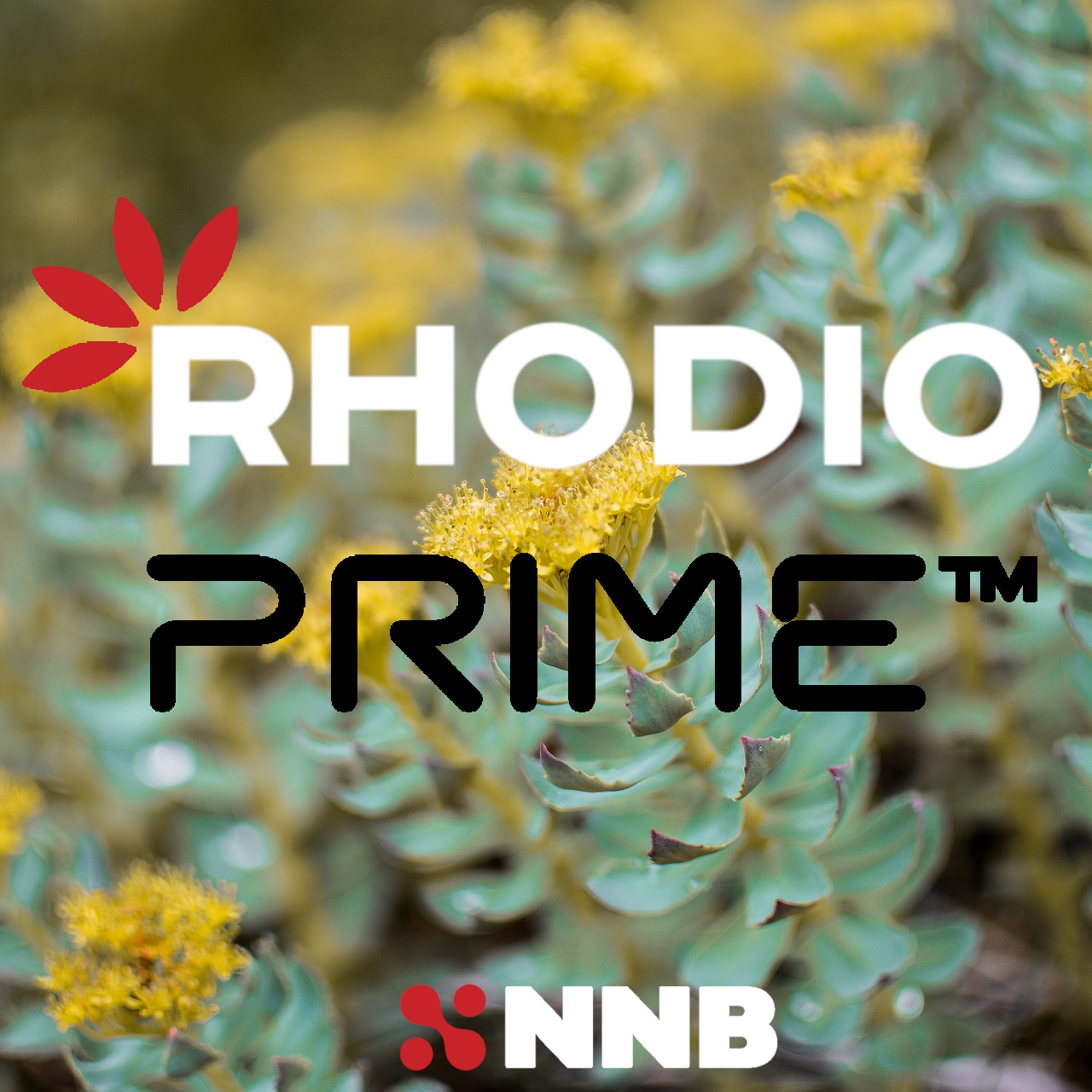
Rhodiola: The Adaptogen Powered by Salidroside. The mood-enhancing effects may also improve sleep, so it’s worth looking into this one as well.
NNB’s charge is led by chief science officer Shawn Wells, an expert in biochemistry, sports nutrition, dietetics, and of course, ingredient formulation. With his help, NNB Nutrition has created some truly intriguing ingredients that cover multiple areas in sports nutrition:
- MitoBurn: a supplemental form of L-BAIBA that ignites the metabolism and encourages fat-burning.
- RhodioPrime 6X: a powerful take on Rhodiola that’s standardized to contain 6% salidroside — the bioactive compound in Rhodiola that is responsible for much of the plant’s nootropic and mood-boosting capabilities.
- GlucoVantage: a high-quality variant of dihydroberberine that optimizes blood sugar levels and promotes healthy insulin sensitivity.
- CurcuPrime: a potent form of tetrahydrocurcumin that delivers an array of benefits tied to a strong antioxidant profile, with better bioavailability than curcumin.
Glycerol could help you stay hydrated and stay asleep
Falling asleep is difficult for a lot of people, making any interruptions in slumber all the more irritating. As vital as sleep is for our health and athletic goals, it’s imperative that we do whatever we can to ensure we get a high-quality, restorative 6 to 8 hours per night.
Optimizing our sleeping environment can certainly go a long way to getting sufficient rest. However, it’s important to ask what internal variables we could tweak to promote better sleep: Are we eating too late? Are we letting our minds race? Are we drinking too much water before bed?
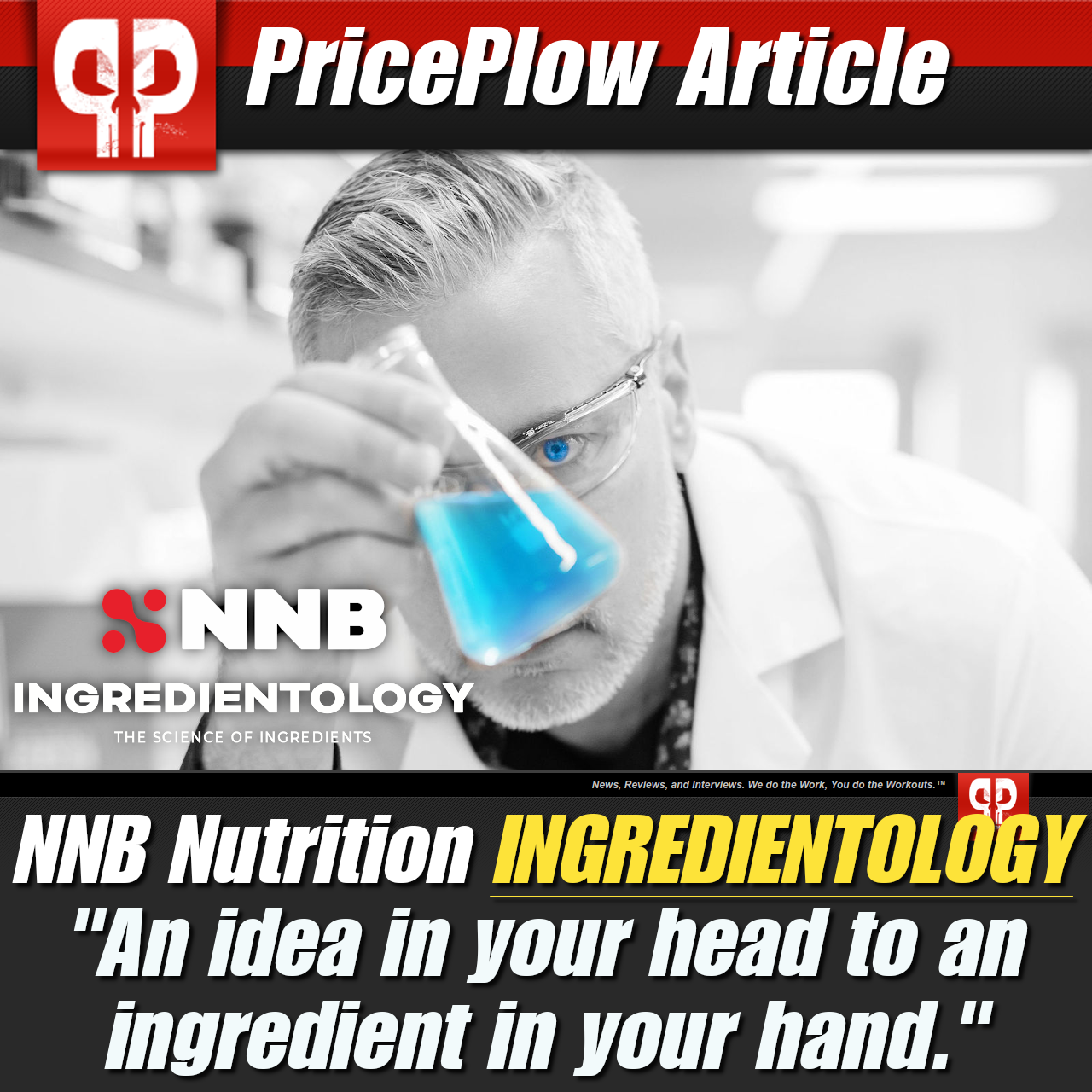
Have an ingredient idea? Team NNB will co-develop it with you! The process is known as Ingredientology.
These things should be considered when asking why falling asleep or staying asleep is a challenge. In terms of bathroom trips that disrupt sleep, we can look to glycerol for help. Due to its water-retaining, urination-reducing capabilities, glycerol could be utilized to minimize the risk of mid-sleep bathroom interruptions, and also maintain a lower internal body temperature.
We think there’s potential here, and opting for a high-quality product like HydroPrime from NNB Nutrition could be a great way to capitalize on it. It may just be the missing piece in your quest for regenerative nighttime rest!
Which brands will formulate it in their sleep aid first? Sign up for alerts below to find out!

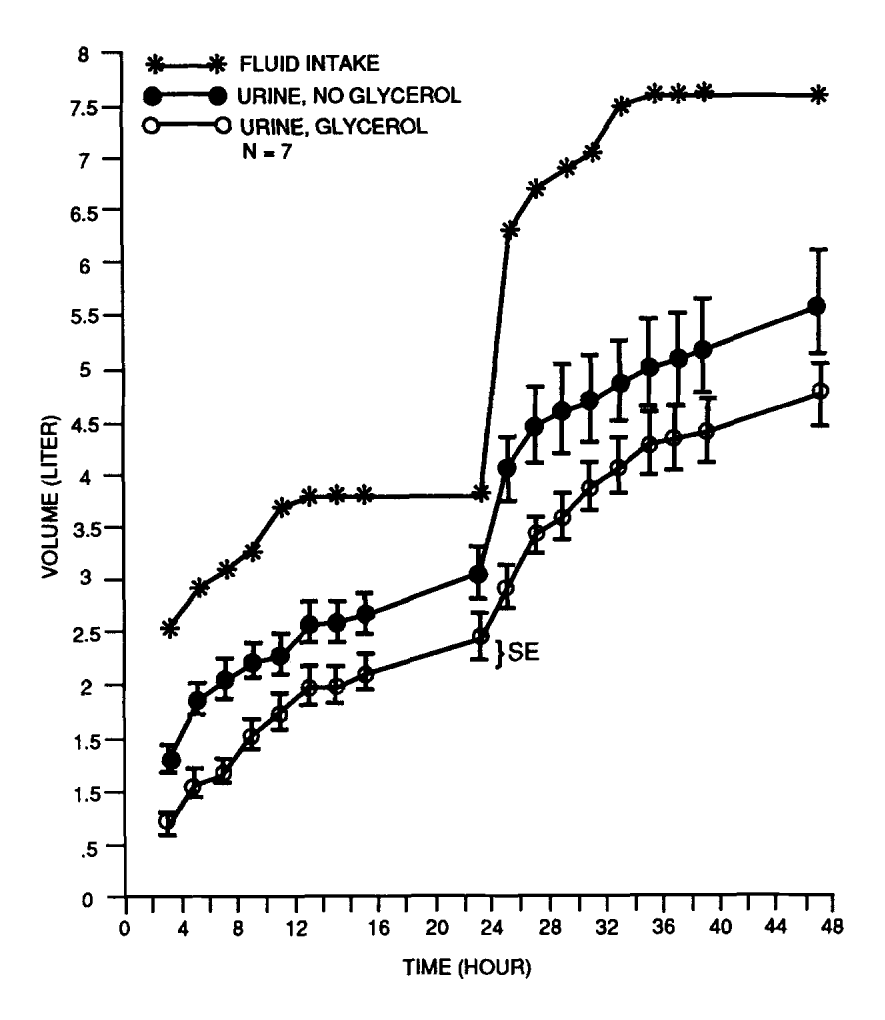
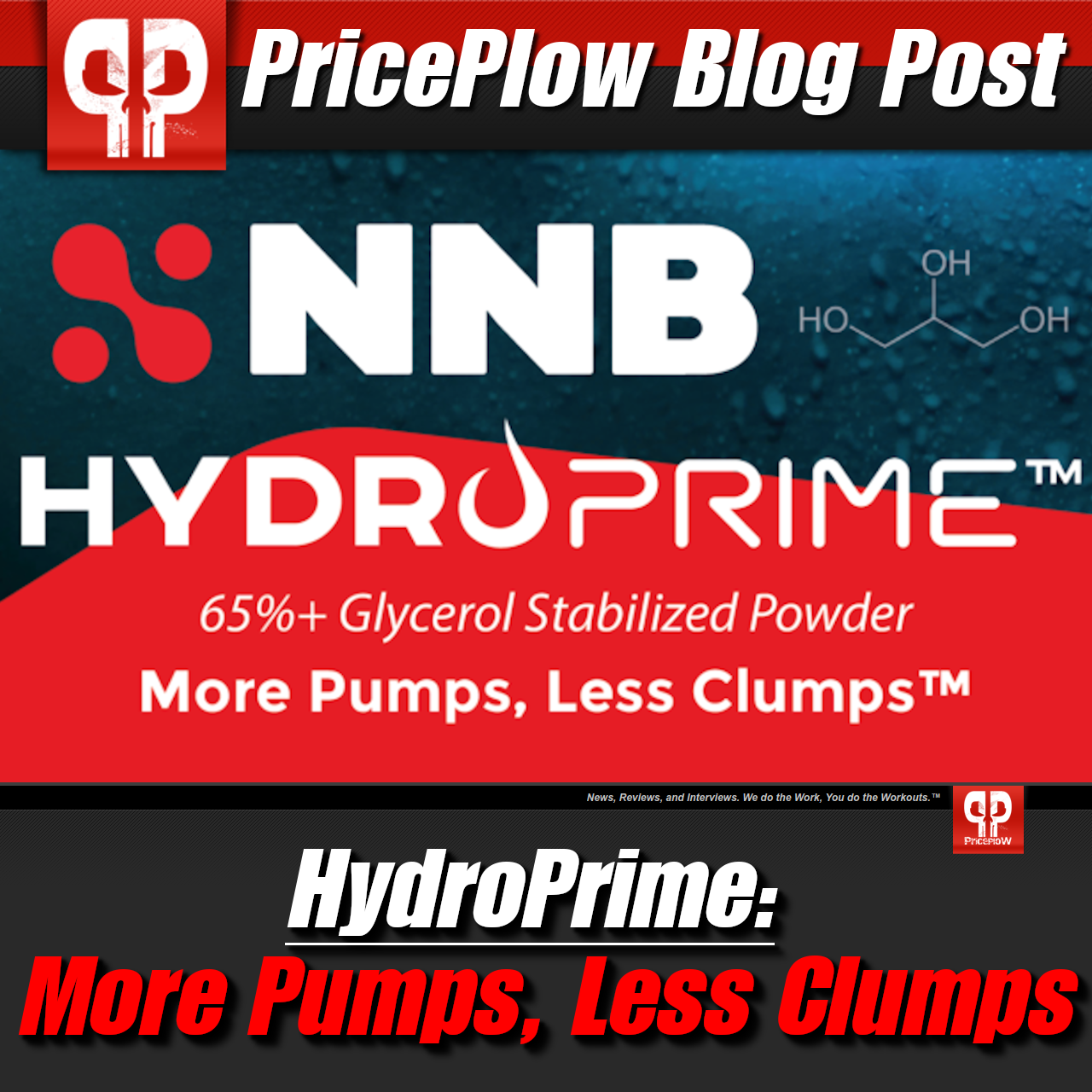
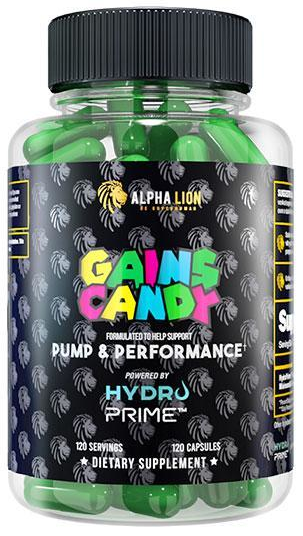


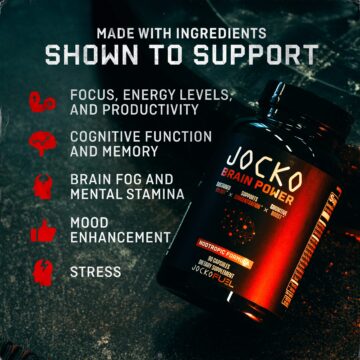
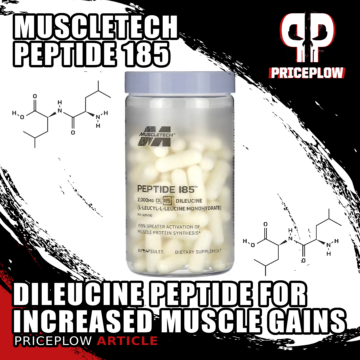
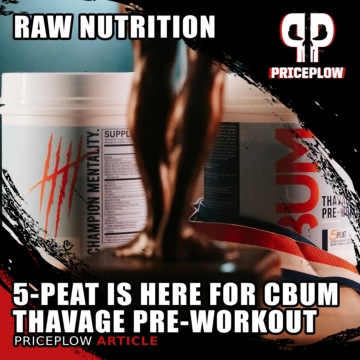
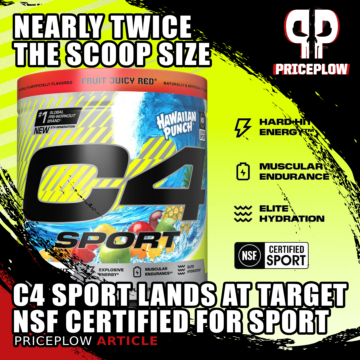

Comments and Discussion (Powered by the PricePlow Forum)